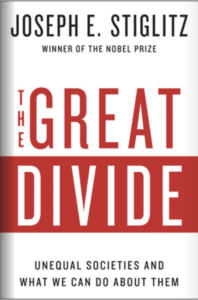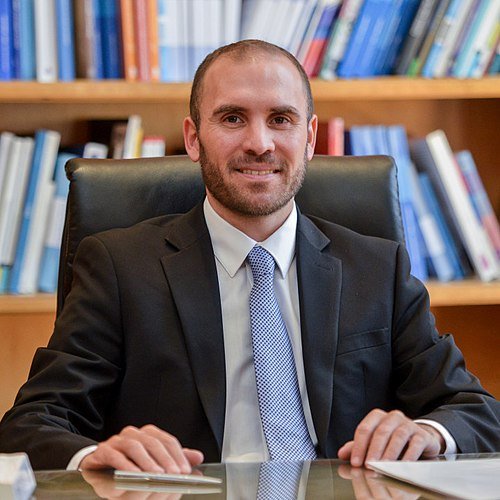
How has America become the most unequal advanced country in the world, and what can we do about it?
In The Great Divide, Joseph E. Stiglitz expands on the diagnosis he offered in his best-selling book The Price of Inequality and suggests ways to counter America’s growing problem. With his signature blend of clarity and passion, Stiglitz argues that inequality is a choice—the cumulative result of unjust policies and misguided priorities.
Gathering his writings for popular outlets including Vanity Fair and the New York Times, Stiglitz exposes in full America’s inequality: its dimensions, its causes, and its consequences for the nation and for the world. From Reagan-era to the Great Recession and its long aftermath, Stiglitz delves into the irresponsible policies—deregulation, tax cuts, and tax breaks for the 1 percent—that are leaving many Americans farther and farther beyond and turning the American dream into an ever more unachievable myth. With formidable yet accessible economic insight, he urges us to embrace real solutions: increasing taxes on corporations and the wealthy; offering more help to the children of the poor; investing in education, science, and infrastructure; helping out homeowners instead of banks; and, most importantly, doing more to restore the economy to full employment. Stiglitz also draws lessons from Scandinavia, Singapore, and Japan, and he argues against the tide of unnecessary, destructive austerity that is sweeping across Europe.
Ultimately, Stiglitz believes our choice is not between growth and fairness; with the right policies, we can choose both. His complaint is not so much about capitalism as such, but how twenty-first-century capitalism has been perverted. His is a call to confront America’s economic inequality as the political and moral issue that it is. If we reinvest in people and pursue the other policies that he describes, America can live up to the shared dream of a more prosperous, more equal society.
About the Author
Joseph Stiglitz
President
Initiative for Policy Dialogue (IPD)
Joseph E. Stiglitz is President of the Initiative for Policy Dialogue, and Chairman of the Committee on Global Thought at Columbia University. He is University Professor at Columbia, teaching in its Economics Department, its Business School, and its School of International and Public Affairs. He chaired the UN Commission of Experts on Reforms of the International Monetary and Financial System, created in the aftermath of the financial crisis by the President of the General Assembly. He is former Chief Economist and Senior Vice-President of the World Bank and Chairman of President Clinton’s Council of Economic Advisors. He was awarded the Nobel Memorial Prize in Economics in 2001.
 Joseph Stiglitz
Joseph Stiglitz

 Martín Guzmán
Martín Guzmán Ignacio González
Ignacio González